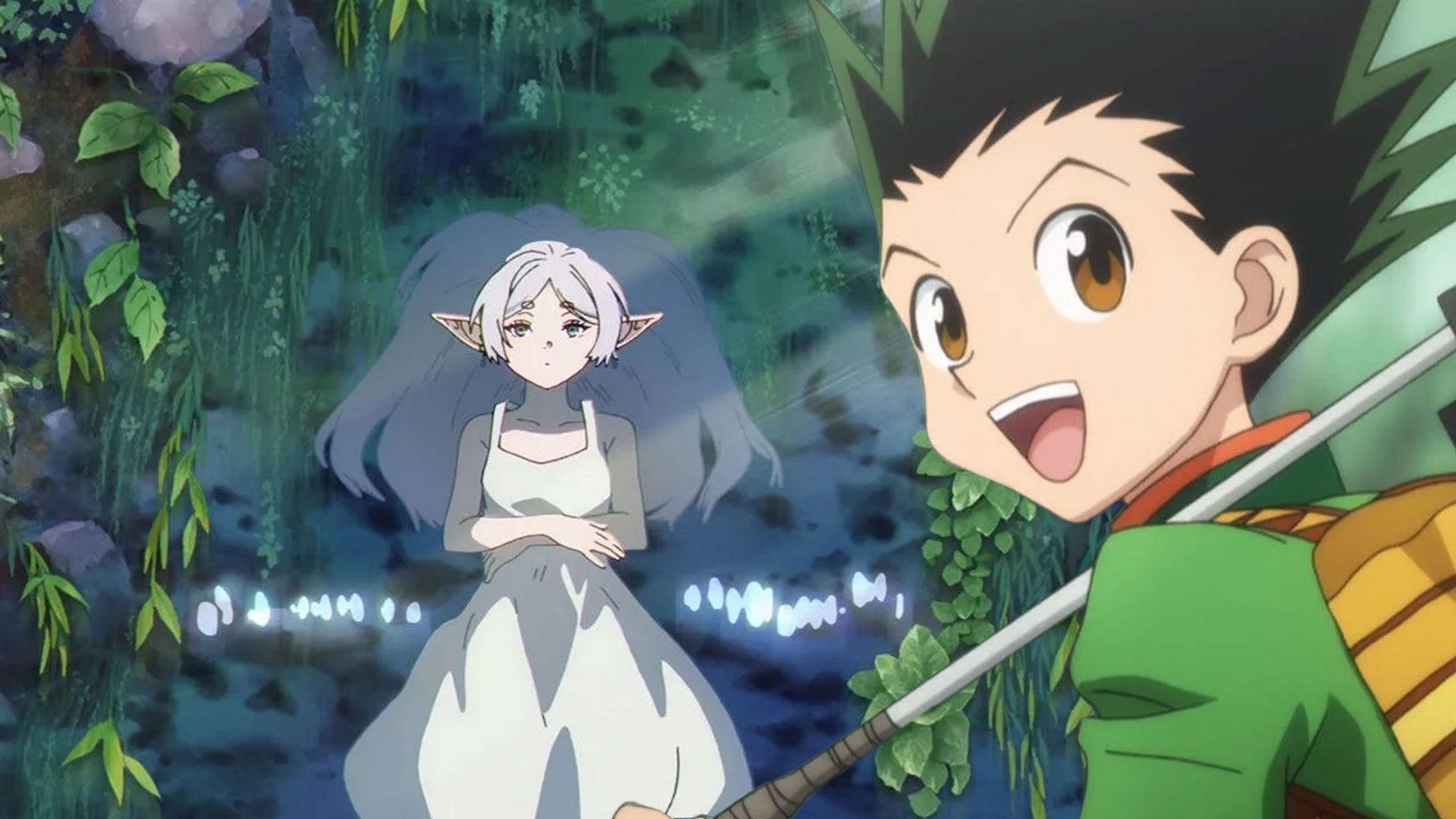That’s a complex issue.
Summary:
- The anime series must have unrelenting suspense and high stakes.
- Everything that is in the frame must have a catchy design.
- True popularity inevitably implies subverting clichés and inventing something new.
Why do some anime series become popular? Sometimes it feels like a low-quality title with annoying characters and downright bad writing becomes popular. Everyone around you likes it, but you can’t understand what’s so special about it. Let's think about the reasons for the success of some new series.
What is "good" anime?
What does a viewer hate most when watching anime? It is boredom. According to many anime fans, “good” anime should not be boring. Therefore, some viewers believe that an interesting plot and charismatic characters who bravely go through difficulties are enough for a successful series.
The anime series must have unrelenting suspense and high stakes that keep people on the edge until the finale. Ideally, at the end of each episode, the viewer should be eager to watch the next one. Watching the series, we must clearly understand what the characters are striving for and what motivates them.
An interesting plot also implies a deep world-building. It should be so that the viewer wants to spend as much time as possible in the universe of the title. How to reach this? The characters and everything in the frame must have a catchy design. Substitute your favorite title under this scheme, and you will probably understand that it ideally meets these criteria.
Breaking the cliché
However, this still doesn't explain what makes the show popular. Popularity seems to imply quality and a little something extra to established tropes or canons. For example, Chainsaw Man seems like an ordinary shonen at first glance, but once you take a closer look, it becomes clear that it is more of a parody of the genre.
Denji is not an idealist fighting for goodness and justice, but a teenager offended by the world and looking for love and delicious food. This alone is enough to boldly subvert the trope of the selfless shonen hero.
Similarly, Frieren: Beyond Journey's End undermines the inertia of perception. Formally, it is shonen, but, unlike traditional representatives of the genre, it is not a hurricane of action, but rather a meditative journey that does not require strain of attention from the viewer.
Attack on Titan should not be ignored either. The series is not afraid to shock the viewer with graphic violence and the characters’ deaths. Not to mention the fact that the nominal protagonist becomes the villain, leaving the viewers in an ambiguous position — either to give up sympathy for the hero or to take a morally unacceptable position.
All this clearly proves that true popularity inevitably implies subverting clichés and inventing something new. A “good” show in this case will not always be “popular.”

